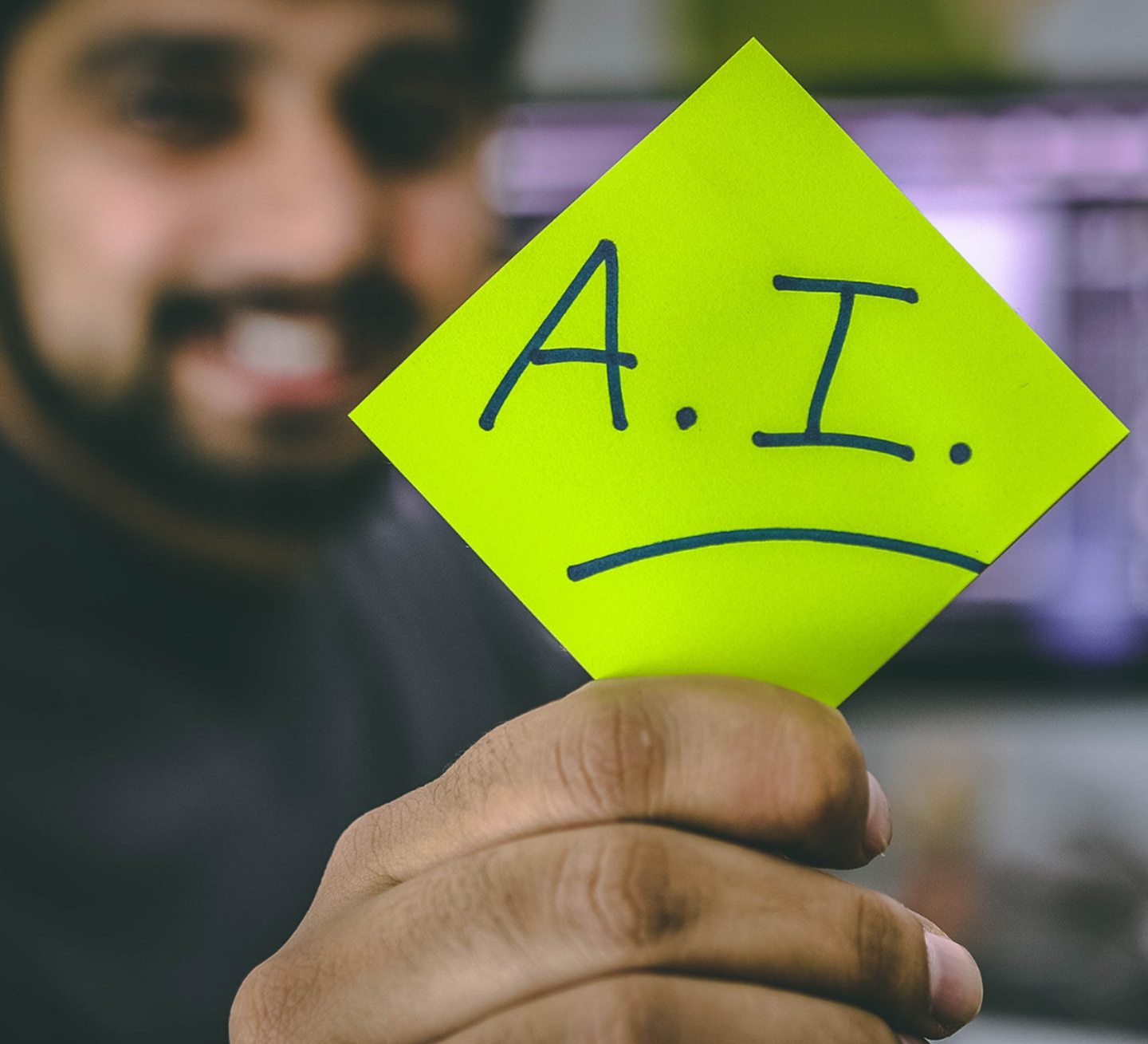AI: What it means for Employers and HR

It’s impossible to ignore Artificial Intelligence (AI). Decisions being made right now about AI within organisations bring significant opportunities, such as cost savings, new insights into data patterns and enhanced customer service, but they also bring risks and vulnerabilities.
Research among our certified UK Top Employers, for example, shows that technology has emerged as a key enabler across every HR priority. Over two-thirds of participants (67%) have an integrated HR technology platform, while knowledge bases (83%) and mobile learning technologies (74%) are on the increase. Much of this technology in turn is driven by AI as, contrary to the popular image, most AI programmes have very little to do with robots.
For example, while Top Employer SAP uses robotic processes to efficiently perform repetitive tasks, it also uses AI in a number of other ways: making recommendations for learning and development courses, chatbots for employee assistance, predictive analytics around talent acquisition and retention and even smart ticketing systems. Meanwhile, Top Employer Tata Consultancy Services uses AI to re-engineer learning to reskill its employees in digital technologies through a gamification learning platform.
AI is more about developing programmes to complete tasks previously requiring humans to perform. For example, algorithms that tackle learning, perception, problem-solving, language-understanding and/or logical reasoning.
The opportunities and challenges from AI are many. There is an opportunity for more interesting cognitive work. AI can enhance leadership decision making and act to liberate workers previously stuck in routine work into more creative roles and responsibilities. The key to seizing this opportunity lies in understanding how AI and humans can best work together in an integrated way. And there is also an opportunity for organisational transformation - AI presents an opportunity to unlock a cultural shift in mindset from the top to the bottom of every organisation. The challenges in upending entire business processes as well as the culture of organisations are enormous, however, and this means that radically different forms of leadership and management will emerge.
There are also other big challenges. There is the obvious challenge to human employment. The logical extreme of AI may be to replace humans, although this seems unlikely, even in the long term – more likely is a clear change in the types of roles humans will perform. And there is the challenge of algorithm management. Increasing use of AI will impact key people decisions. These systems can be vulnerable to poor decision making or manipulation if human input into algorithms is not checked for acceptability against human values and behaviours i.e. if an algorithm inadvertently promotes discrimination.
Business leaders are clearly keen to use AI to reduce costs, make efficiencies and increase productivity. This, however, will lead to job losses, with leaders looking to HR to manage this process, just at the time when employees understandably want assurances over their future. This, in turn, has knock-on effects for learning and development. Career progression within a business will become far less predictable, with so many jobs changing their form or disappearing altogether. The executive team will have clear commercial interests for exploring and deploying AI. HR professionals need to reconcile this with reskilling those vulnerable parts of the workforce to add value elsewhere.
Overall, however, AI represents a massive opportunity for employers. For example, for HR professionals willing and able to meet the challenge, the rise of AI presents a great opportunity for professional reinvention. The emerging choice is reconciling human intelligence and artificial intelligence. To strike a new balance provides a chance to play a leading role in overseeing a major change to organisational structure and workforce planning.
Become recognised for your excellent employee conditions.




